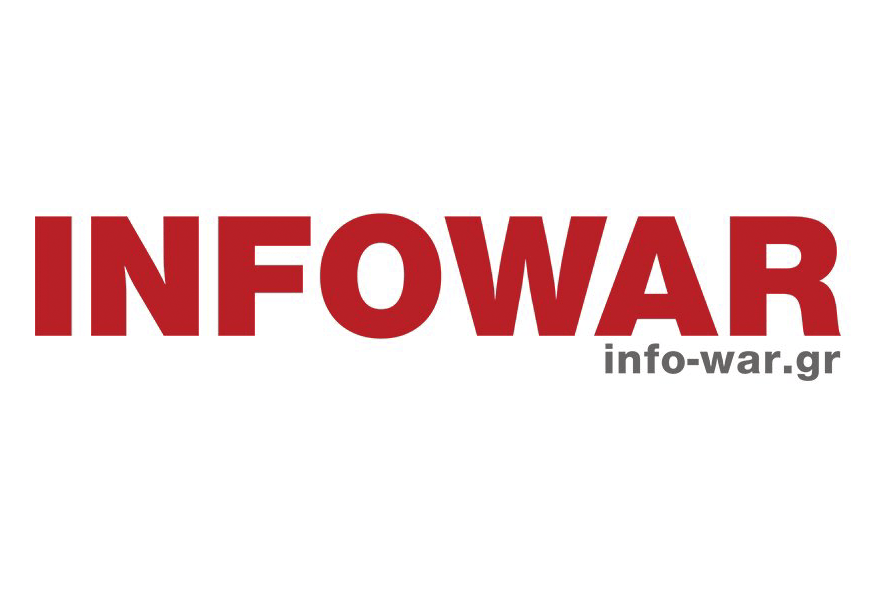Aris Chatzistefanou
Last week marked the beginning of the school year in Greece. Children’s faces were full of smiles but their schoolbags were empty, since the state didn’t manage to distribute the school books. Instead, the government resorted to ludicrous measures, like producing millions of photocopies or distributing DVDs. Maybe for the first time since the end of the second world war, there is a clear and present danger of losing an entire academic year. Even worse, there is a clear and present danger for a “lost generation” to be created.
In theory, George Papandreou’s government has more serious problems to grapple with. When not shutting down, hospitals function with huge shortages in pharmaceutical supplies and medical personnel. Public transport is falling apart, as the government is transferring train and bus drivers to other public sector jobs that many are not qualified for or have no experience in doing. The public sector, the media’s beloved scapegoat, is disintegrating due to the mass exodus of civil servants. Unemployment is soaring in the private sector, with seven in 10 companies currently firing employees. Homelessness has increased by 25%, and suicides by 40%.
Nevertheless, it was the lack of school books that dealt the hardest blow to the heart of the Greek family. Greece was a country were parents used to sell their family property in order for their kids to study. A university degree, together with the knowledge of one or more foreign languages, were considered the minimum qualifications for a society which desperately desired to prove that it wasn’t the “poor relative” of Europe. Now, thousands of children aim just to finish high school.
The school book issue is typical of the government’s logic. After it failed to print the books, the ministry of education suggested the use of photocopies, disregarding the five-fold increase in cost that this entails. The same logic lies behind every government decision. The cost of the malfunctioning public transportation system is higher than the money spared from the removal of the employees. The privatisation of state companies reduces the state’s revenues while burdening the unemployment insurance fund even more.
Greece in 2011 is not just a country facing a severe financial crisis. It is a place where the government is sacrificing its people to satisfy foreign and Greek banks. This government is taxing the poorest of the poor, while leaving in place the privileges enjoyed by the banking sector, the church (the biggest landowner in the country) and the ship owners. In 2010, Greek ship owners, who own 16% of the world’s merchant navy, paid just €10m in taxes. Meanwhile, destitute immigrants contributed €50m for their legalisation process.
Agreeing with and abiding to the catastrophic advice of the IMF, the ECB and the EU, the government is responsible for the decrease of the GDP by 10% in 2010-11. And now, Berlin is punishing its most obedient student in the austerity class, by preparing a “plan B” for the inescapable Greek default. Of course, Greece itself is partly responsible for this – but it is also paying the price for the collapse of the eurozone’s neoliberal edifice. And yet, EU citizens are learning to hate the Greeks, but not the system that creates deficits and debts in the European periphery.
Alternative solutions were on the table. But, together with a group of well-paid journalists and academics, the government ruled them out. Greece could have set its own terms for the default, sparing the country as well as millions of EU citizens from paying billions of euros. It was clear from the beginning that since the government gave the northern European banks the much-needed time to get rid of the toxic Greek bonds, it just accelerated the default. From day one, the question wasn’t if Greece would default, but on whose terms it would do it. Both the troika and the Greek government gave the same answer: Greece would default on the terms of the markets.

